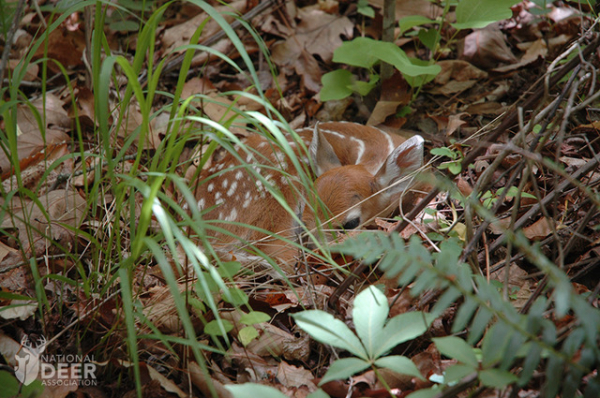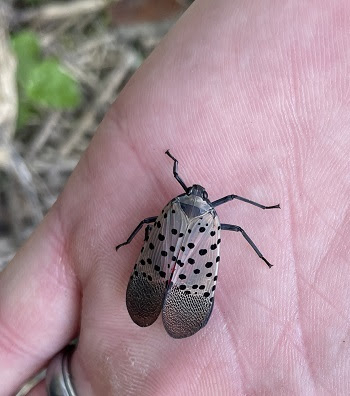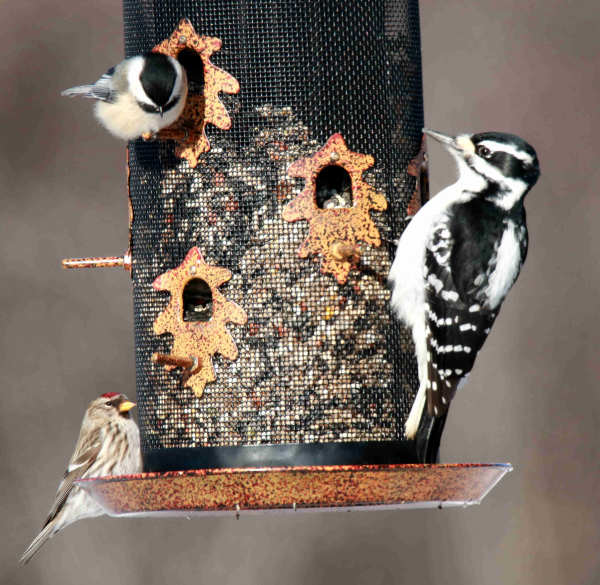Expect to start seeing fawns in May and June, but enjoy from a distance
A thicket, a patch of tall grass and a quiet spot in your back yard – what do they all have in common? They all are places where fawns have been found. For the first few weeks of a white-tailed fawn’s life, its mother will hide it in secluded locations. This behavior helps reduce the potential of predators finding the fawn.
A fawn’s spots are excellent camouflage and will help it stay hidden from predators. In addition to being hidden by its mother and having its own spotted camouflage, fawns have another adaptation to help them survive – they are virtually odorless when they are young.
“If you find a fawn alone, do not touch it,” said Hannah Schauer, Michigan Department of Natural Resources wildlife communications and education coordinator. “There is a good chance it is supposed to be there.”
It is not uncommon for deer to leave a fawn unattended so as not to draw attention to where the fawn is hidden. The mother will return periodically to nurse her fawn when she feels it is safe.
“The best thing to do is to leave the fawn alone and enjoy the experience from a distance,” Schauer said.
For your safety, as well as that of the animals, it is critical that wild animals retain their natural fear of humans. Never handle or attempt to tame wild animals. Habituated deer, especially bucks, can become aggressive as they mature. Even if the deer seems tame and approachable, it is still a wild animal. Wild animals act unpredictably and can seriously injure a person.
Leaving baby animals in the wild ensures they have the best chance for survival. Every day an animal spends with humans makes it less likely to survive in the wild.
Only licensed wildlife rehabilitators may possess abandoned or injured wildlife. Unless a person is licensed, it is illegal to possess a live wild animal, including deer, in Michigan.
The only time a baby animal may be removed from the wild is when it is obvious the parent is dead or the animal is injured. A licensed rehabilitator must be contacted before removing an animal from the wild. Rehabilitators must adhere to the law and have gone through training on proper handling of injured or abandoned wild animals and will work to return the animal to the wild, where it will have the best chance for survival.
A list of licensed rehabilitators can be found by visiting mi.gov/wildlife or by calling your local DNR office.






